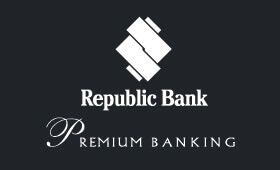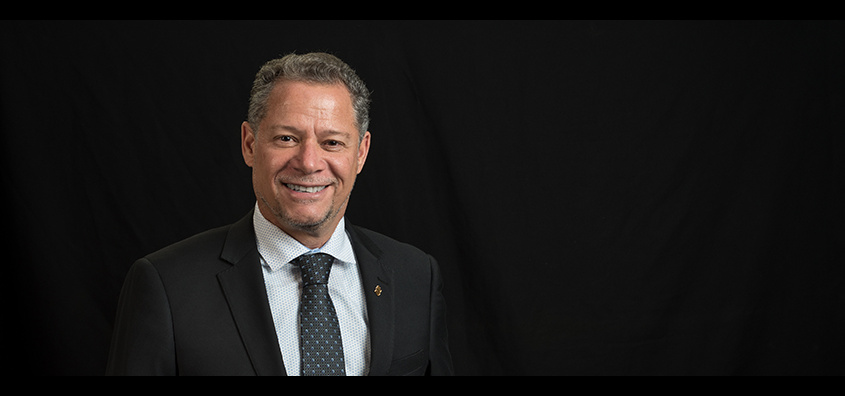-
Savings & Chequing
-
Savings Accounts
Growing up with a plan for tomorrow
Helps you to build your nest egg
Shape your future
The wise investment instrument
Chequing Accounts
Invest and enjoy the best of both worlds
A value package for persons 49 and over.
Bank FREE, easy and convenient.
Tools & guides
Make an informed decision using our calculators
Help choose the account that’s right for you
Standard banking fees and charges.
-
-
Electronic Banking
-
EBS Products
Pay bills and manage your accounts easily
Access accounts with your OneCard
EBS Products
Be able to accept any credit card payment
Access your accounts easily and securely with the convenience of Chip and PIN technology and contactless transactions.
-
-
Credit cards
-
Loans
-
overview
To take you through each stage of life, as we aim to assist you with the funds you need for the things you want to do
We make it easy, quick and affordable to buy the car of your dreams
Tools & Guides
Helps you determine the loan amount that you can afford
You can calculate your business's potential borrowing repayments
-
-
Mortgages
-
-
Premium Services
- Let's Talk Conversion
With the launch of its Renewable Energy Loans and development of a new Schools Block Programme, Republic Bank (Barbados) Limited continues to make strides in adopting the United Nations Environment Programme Finance Initiative (UNEP FI) Principles for Responsible Banking.
Last year, Republic Financial Holdings Limited (RFHL) became a signatory to the six responsible banking principles that are designed to ensure that banks develop strategies and practices that better align with and reflect the United Nations Sustainable Development Goals, the Paris Climate agreement, and relevant national and regional frameworks.
Following the signing, President and Chief Executive Officer of RFHL, Nigel Baptiste, said the Bank “intends to be the cheerleader of this initiative for the Caribbean region, encouraging other stakeholders in the financial sector to follow suit.”
RBBL Managing Director and CEO, Anthony Clerk, explained, “In Barbados, we are assessing our portfolios to better understand the positive and negative impacts of our products and services so we can make the necessary improvements and continue to develop the kinds of initiatives that will help us to further align ourselves with the principles. We are also focused on building out our Power to Make a Difference programme. That programme in particular helps us to meet our sustainable development commitments and that in turn ensures that we are fulfilling our mandate of responsible banking.”
General Manager, Retail & Operations, Sharon Zephirin, said the Bank will be even more attentive to how well their products and services encourage and support social and environmental development as well as financial growth opportunities for citizens.
“Through our competitive Renewable Energy loans we are continuing to enhance our portfolio of products and services so that it includes measures that help Barbados meet its 2030 carbon neutral goals, and help our region to do its part to respond to the global climate crisis. We also see products like these as another step to putting the power of sustainable energy supply into the hands of average citizens.
“As for the Schools Block Programme, I am especially excited about its potential to allow us as a Bank to be more responsive to the social and developmental needs of our youth. Each branch will start to develop relationships with the schools in their zones. We are encouraging school boards, teachers, student bodies and PTAs to reach out to us to pitch their initiatives and engage with us so we can see how we can support school projects. All of this fits squarely into the UN’s Quality Education sustainable development goal as well as the responsible banking principle of engaging with our stakeholders to achieve societal goals,” she said.
The six responsible banking principles involve aligning bank strategies and practices with sustainable development and climate goals; continuously increasing positive impacts by setting and publishing clear developmental targets; working responsibly with clients and customers to enable economic activities that create shared prosperity for current and future generations; proactively working with stakeholders to achieve society’s goals; adopting effective governance and a culture of responsible banking; and being transparent about and accountable for both the positive and negative impacts brought about by bank initiatives, products or services.
Event Calendar
COMPANY INFORMATION
Banking Segments
Press & Media
Contact Us
© 2024 Republic Bank Limited. All Rights reserved.








